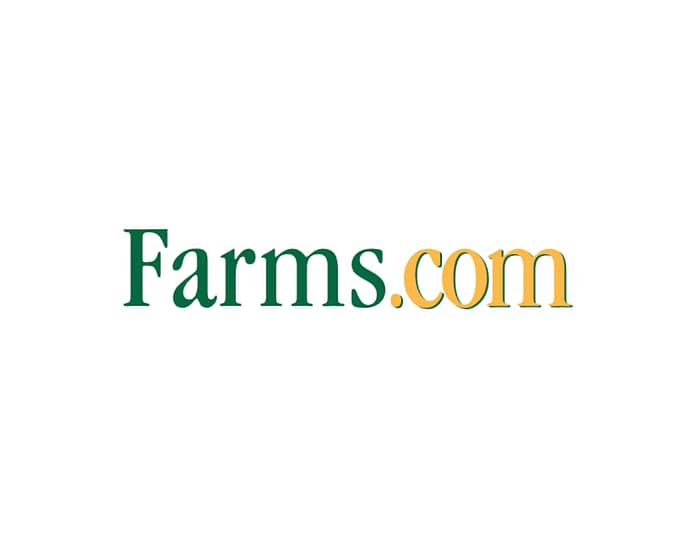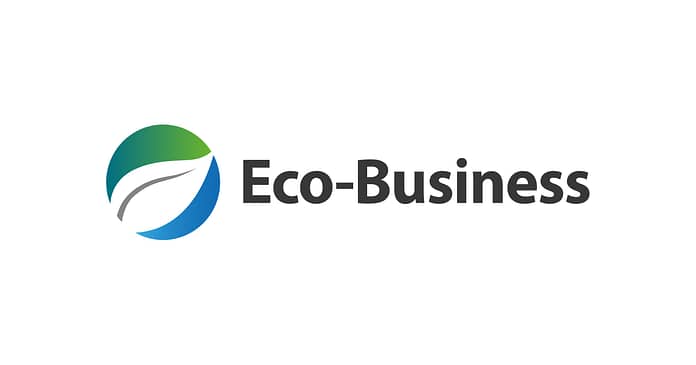
Agriculture sustains the Ethiopian economy, and access to irrigation here is critical for food security. Now, in the wake of COVID-19, the World Food Programme estimates acute hunger will double worldwide, with concern particularly high for Africa. Farmer-led irrigation can support crop production during dry spells or in the dry season, building resilience against climate change. But can farmer-led irrigation build resilience against other shocks, like the health and economic risks associated with a global pandemic?
In May, International Water Management Institute (IWMI) researchers contacted 32 agricultural households in Danghista, located in Dangila Woreda in the Amhara Region of Ethiopia. They gathered anecdotal evidence to find out how irrigating and non-irrigating households are coping in the time of the coronavirus and how they are affected by government measures to prevent spread. For instance, had COVID-19-related restrictions affected income from irrigation and nutrition intake? And had households changed the ways they allocate water?
















